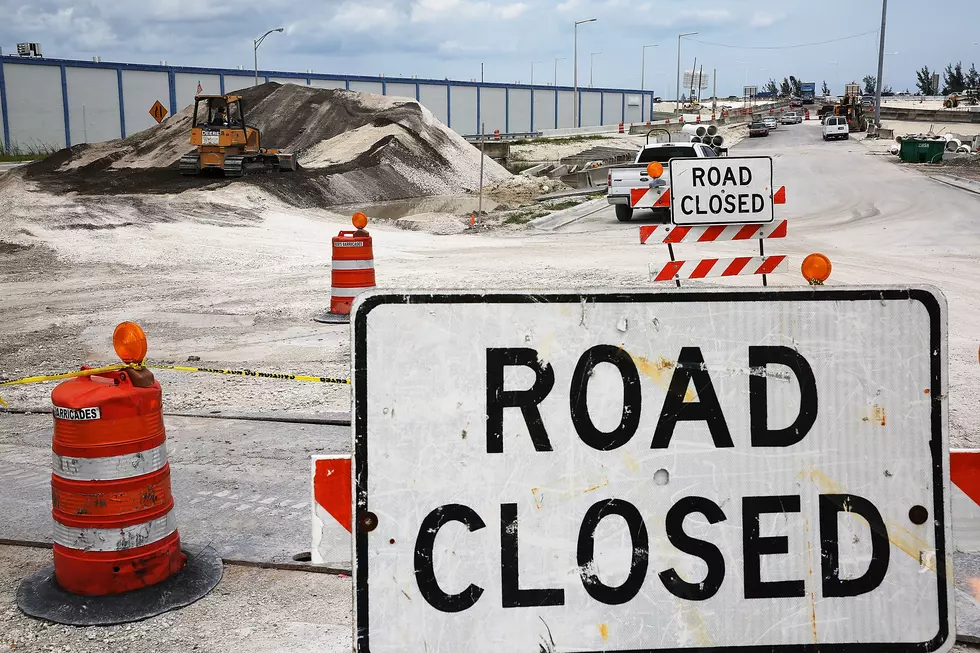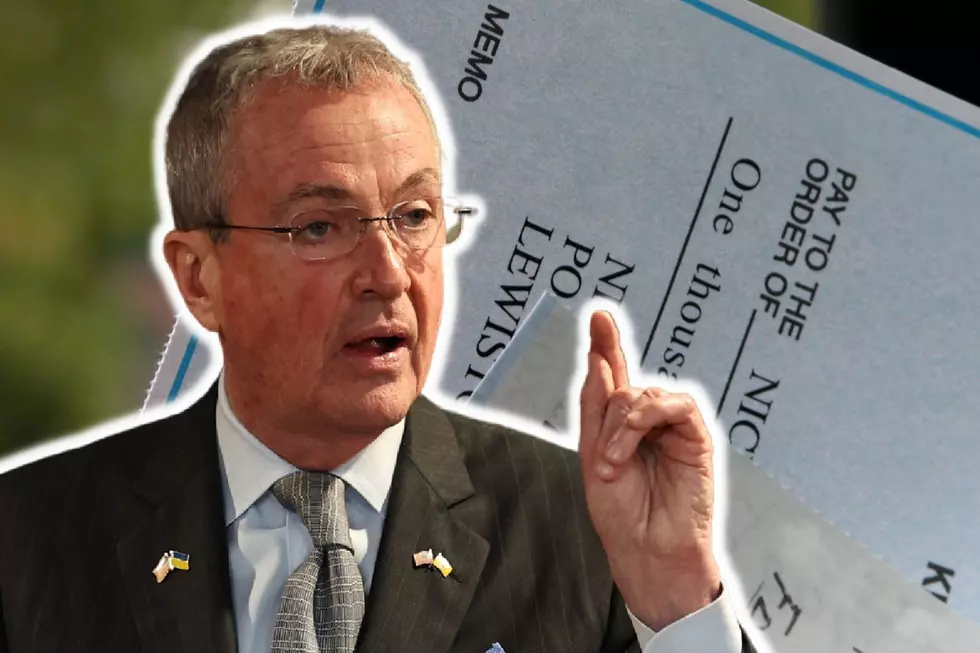
Your gas tax dollars at work: NJ speeds up road work projects
A new state law makes some changes to how New Jersey manages transportation construction, an attempt to get projects going more quickly so that people see how their gas-tax money is spent.
New Jersey has raised its gas tax nearly 27 cents a gallon in the last three years, with a nearly 23 cent hike in 2016 followed by a more than 4 cent increase last year. A determination of whether the tax will increase again this year will be made this month.
Greg Lalevee, business manger for International Union of Operating Engineers Local 825, said residents question what they’re getting for the higher taxes and acknowledges the Transportation Trust Fund spending “could go better.”
“There’s a whole lot of paving work that’s been put out over the last two years, and not that it doesn’t need to be done, but the bridge work is the real blind spot,” Lalevee said.
Lalevee said one aspect of the new law, signed July 23, should be particularly helpful with work on small bridges: Projects that are similar in size and scope can now be “bundled” into a single contract for their design.
“We all know we’re about a third structurally deficient or functionally obsolete,” Lalevee said. “That’s just going to provide a pathway for getting more work out of the DOT quicker, and it will probably turn out to be a cost-savings measure.”
Lalevee said Pennsylvania has had a lot of success bundling projects all the way through their construction, as well as New York to a more limited degree.
The law also requires the state Department of Transportation to develop a highway project priority list every year in collaboration with the 21 counties. Anything that isn’t begun within three years can be taken over by a county or the South Jersey Transportation Authority, still paid for by the state. Lalevee said that can help prioritize the work needed most.
“There’s a lot of bridges, which might be on county roads or even municipal roads but are the state’s responsibility, so I think it just offers a good path for better feedback,” he said. “There’s just a greater understanding of where the needs are.”
The new law also seeks to draw down more federal funding by creating a research center in the Department of Transportation that will award contracts to New Jersey research universities. It also allows the DOT to hire outside engineering consultants that can track TTF spending progress, in the interest of enhancing transparency, and it loosens up the standards for rail freight projects, which could attract economic development in the logistics and warehouse industries.
“All these pieces can be pulled together to create some efficiencies,” Lalevee said.
Senate President Steve Sweeney, D-Gloucester, said the package of changes will make construction and repair projects more efficient and effective.
“We want to put people to work and get the projects done in a timely manner so that improvements to our roads, bridges and other transportation facilities are made as quickly as possible,” Sweeney said.
The state spends $2 billion a year through the Transportation Trust Fund, including work by NJ Transit and grants for county and municipal projects.
“Taxpayers are making a heavy investment in the state infrastructure and it’s vitally important that money is used efficiently,” said Assemblyman Hal Wirths, R-Sussex.
Sergio Bichao is deputy digital editor at New Jersey 101.5. Send him news tips: Call 609-359-5348 or email sergio.bichao@townsquaremedia.com.
More From New Jersey 101.5 FM









